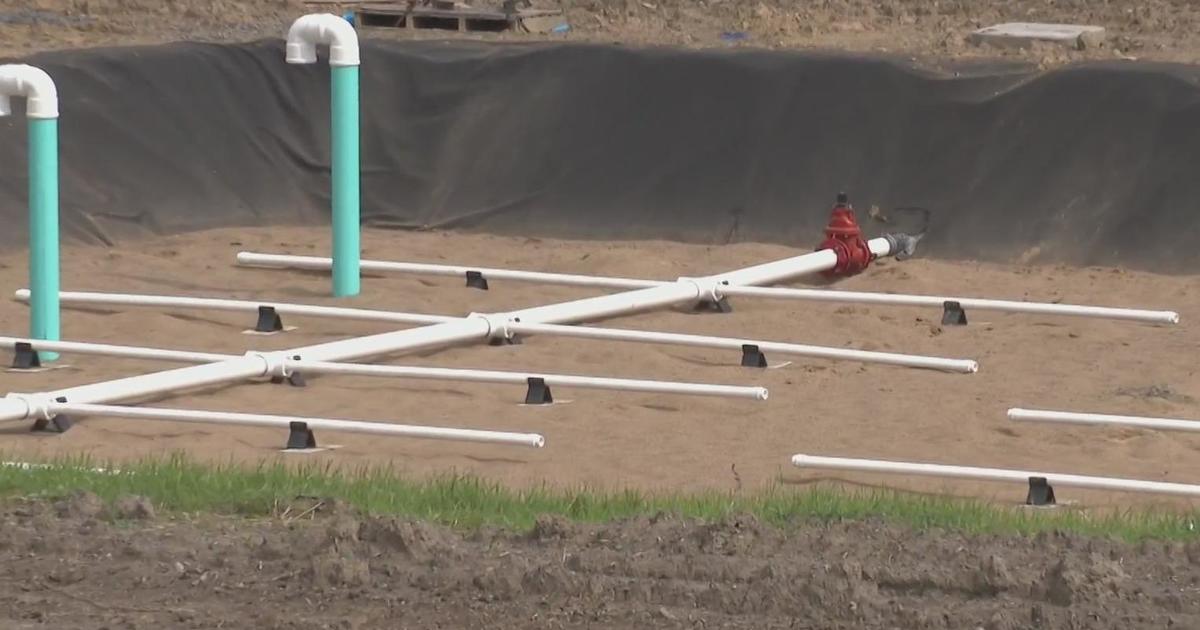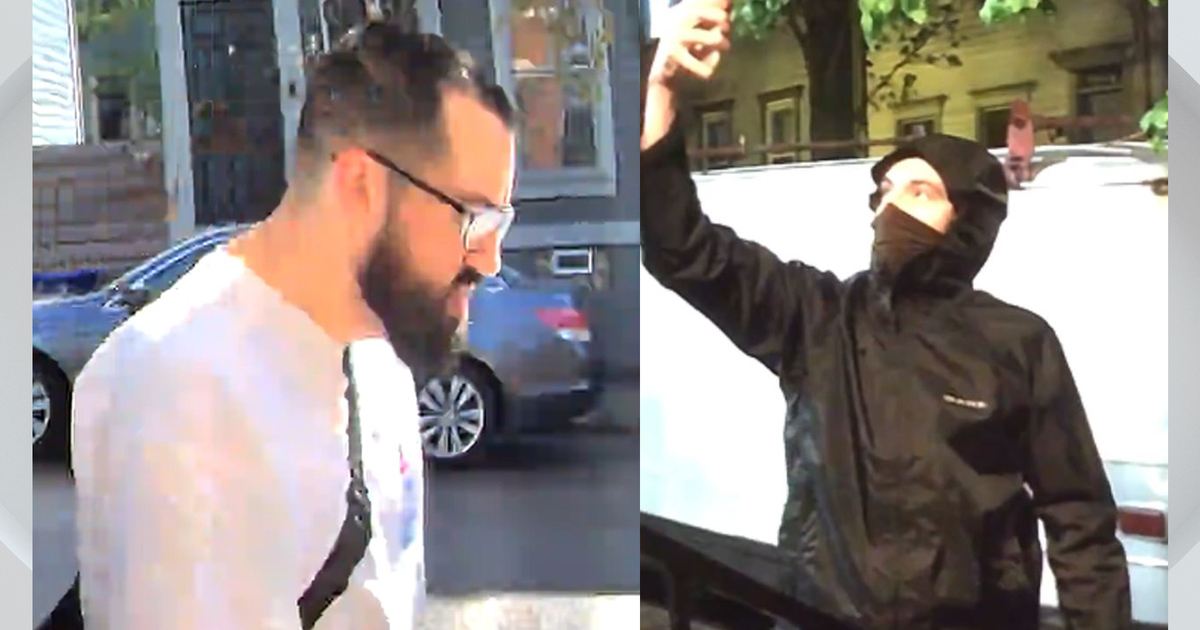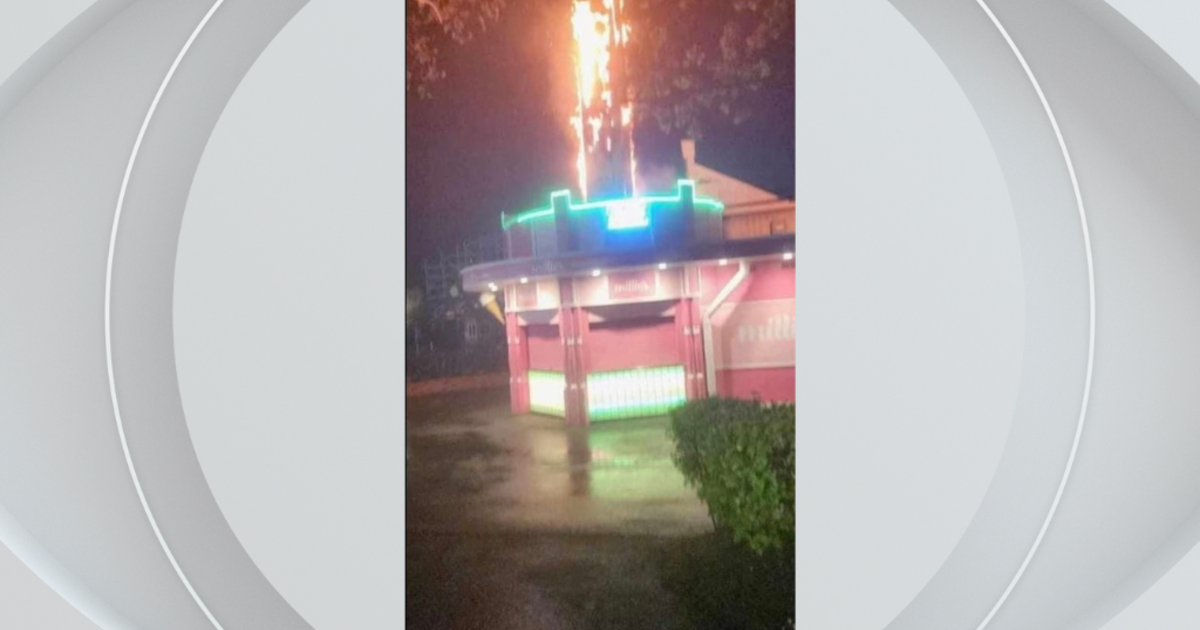Local Doctors Offer Alternative Treatment For Pancreatic Cancer
PITTSBURGH (KDKA) -- Jackie Lapisardi was one of the lucky ones.
"I was having a scan for something else, and they discovered something on my pancreas."
It was cancer -- a rarer type called neuroendocrine pancreatic cancer. Doctors wasted no time getting her into the operating room.
"That was Friday, and on Monday, I was in surgery.
She had chemotherapy and radiation, and for years, the cancer was under control. Then, it came back, twice -- most recently in 2018.
That time, it was in multiple places in her body, and surgery wouldn't help. the cancer was progressing, despite all the standard treatments.
Jackie considered her options, including more chemo. But the idea of going through the side effects again was daunting.
Instead, she and her doctor decided to try a relatively new treatment, called peptide receptor radionuclide therapy, or PRRT.
"I would actually be given a radioactive isotope," says Jackie.
In some people, cancer cells have proteins on their surface that bind, like lock and key, to a hormone the body makes, called somatostatin. This treatment takes advantage of that.
It's a protein similar in structure to somatostatin, but with a small amount of radioactive material attached.
"So you inject the drug and it circulates throughout your body and only goes to the cells that have the somatostatin receptors and delivers radiation therapy," Allegheny Health Network cancer specialist Dr. Dulabh Monga explains, "It's a selective treatment that is only targeting the areas that have neuroendocrine cells."
As Jackie puts it, "It aggravates, and then it annihilates."
Before getting the radioactive treatment, patients get an IV solution of amino acids to help to protect their kidneys. Also, hospital staff have to place special coverings to guard the procedure room from radioactivity, in case of a spill or contamination with body fluids.
"It takes a lot of logistics," Dr. Monga points out.
WATCH: Celebrities Who Have Bravely Battled Pancreatic Cancer
Doctors in Europe were the first to use PRRT, and have had success.
"We were able to show a substantial increase in overall survival," says Dr. Monga.
Buying patients a little more time, about two years.
The FDA approved PRRT in January 2018.
UPMC actually began using it before then, in November 2016, as part of what's called Expanded Access. According to the FDA, that program gives patients with life-threatening conditions, who have exhausted all of their other treatment options, access to an investigational medical product in an effort to help save their life.
Since then, UPMC has successfully treated more than 80 patients with PRRT, and has more than 30 others currently receiving the treatment.
Meanwhile, late last year, Jackie became the first patient at Allegheny General Hospital to get PRRT.
It's a full day of treatment -- 7:00 am to 3:00 pm.
There are four treatments total, given eight weeks apart. After each dose, she must stay away from friends and family for a while.
"My husband and I have to be apart. I sleep in the spare room for a week. I can't be near my grandsons for several weeks. It was difficult when my grandsons came to visit with my daughter and son-in-law, and I couldn't see them. After about a week, they told me I could be out and about again, go to the grocery store, go to church, do those kinds of things out in the public. But still try to restrict close interaction with people. A temporary inconvenience for a permanent improvement."
WATCH: Remembering Randy Pausch, CMU Professor And Advocate For Pancreatic Cancer Research
Without insurance, PRRT is not cheap.
"It was going to be quite expensive, and I didn't know if we would be able to do it. Even with the insurance, the copay was very high. But that has not been an issue, so apparently that insurance issue has been worked out."
The main side effects are fatigue, nausea, and bone marrow complications.
Jackie really hasn't had any of that, although she did lose a little of her hair.
"I'm able to drive home after the treatment, the side effects have been minimal."
Even with only two treatments under her belt, Jackie says her life has already turned around.
"I'm feeling much better, I have more energy."
She's optimistic about her future, and hopes PRRT does what it's supposed to do.
More than a decade ago, the late Carnegie Mellon University professor Randy Pausch famously fought pancreatic cancer.
His "Last Lecture" became an inspiration to people worldwide.
WATCH: Randy Pausch's Last Lecture
In 2008, he gave an incredible commencement address to CMU's 2008 graduates.
WATCH: Randy Pausch's Commencement Address



